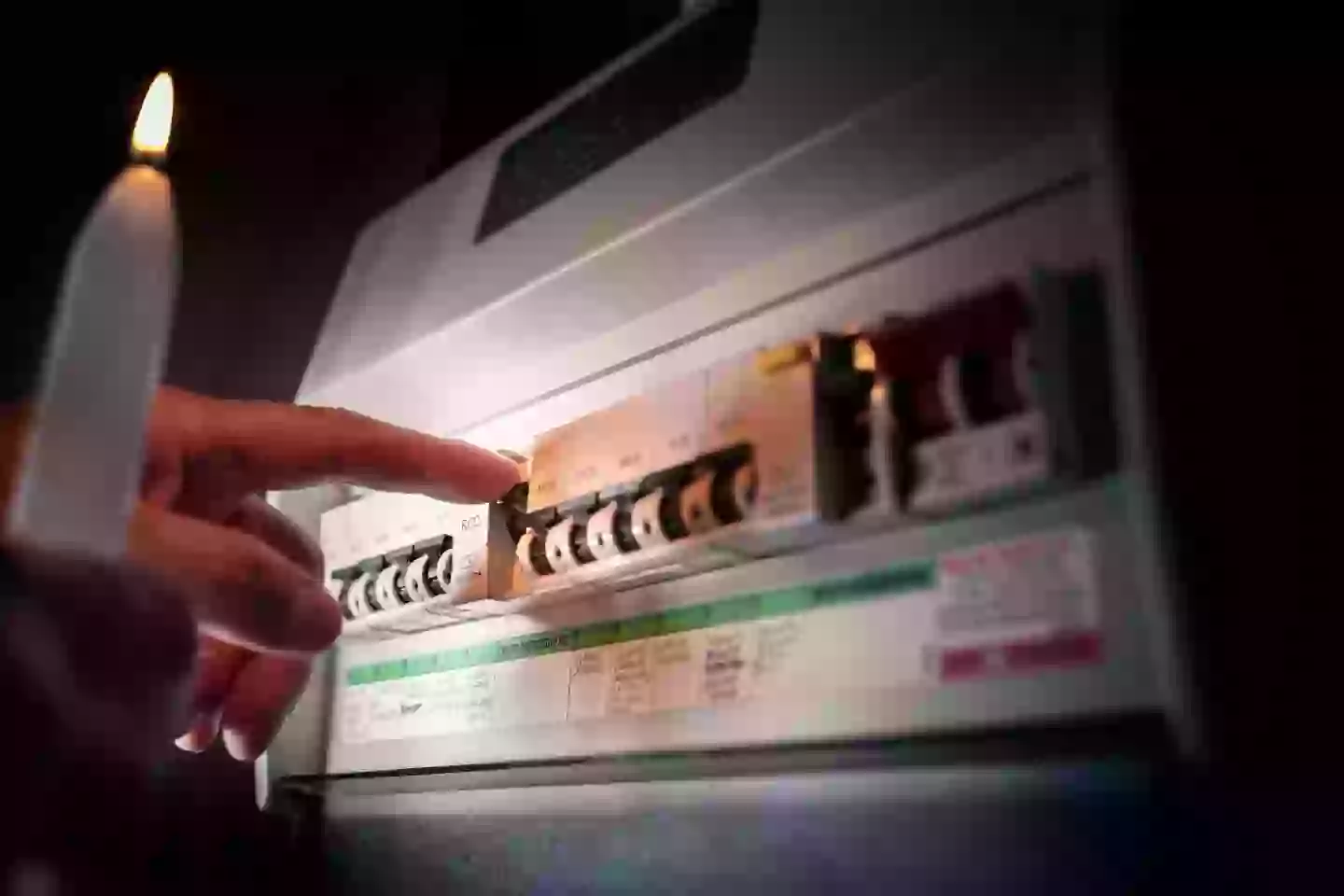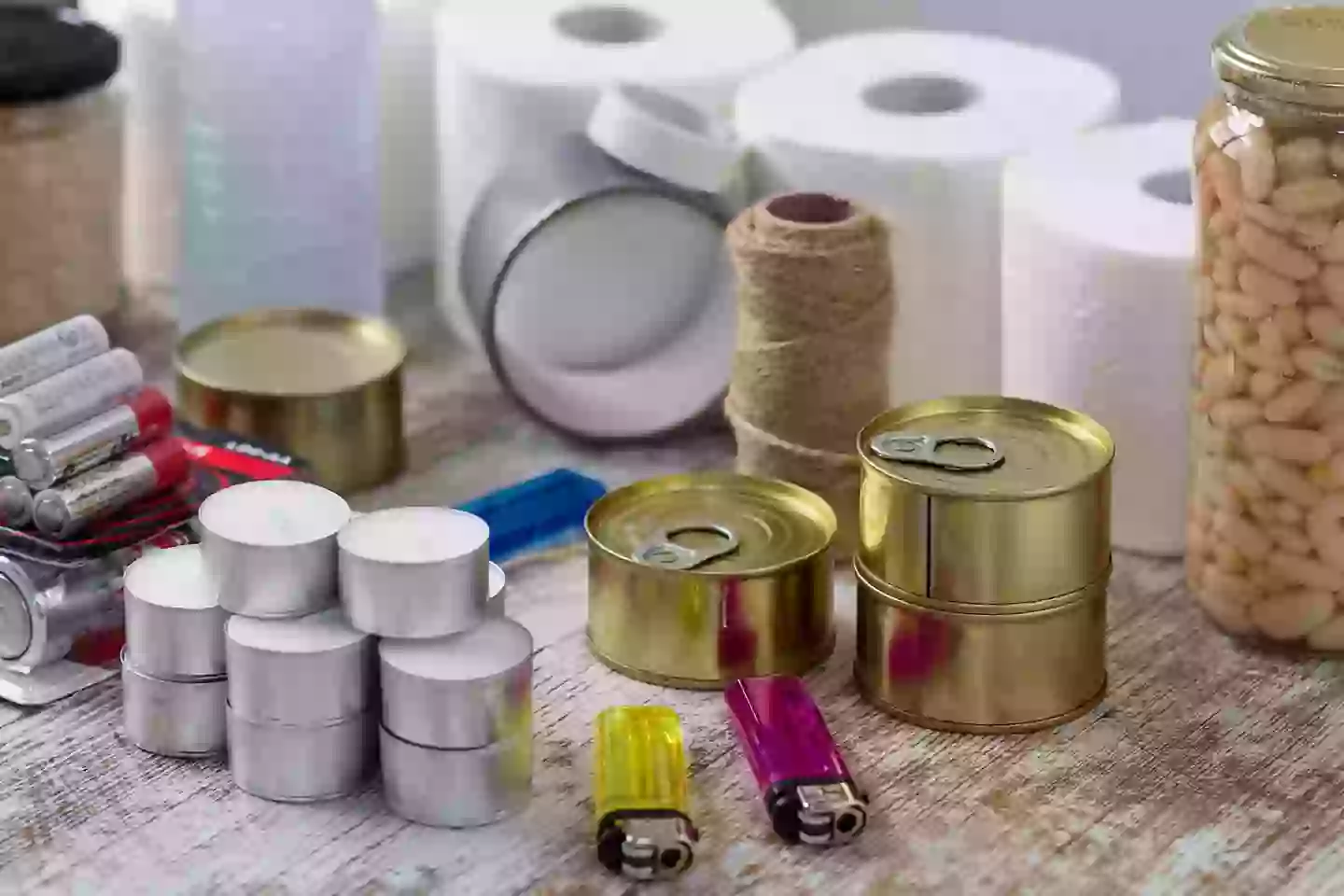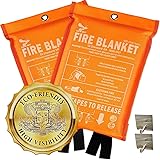Revealed: The Shocking Items UK Government Urges Households to Stockpile Amid Rising Threat of War
You ever stopped to wonder what your household emergency kit says about you? In 2025, with global tensions hotter than your morning cup of tea—thanks to Russia-Ukraine, sparks flying between Iran and Israel, and the ominous rise of AI and cyber warfare—the UK Government is nudging Brits to toughen up and stash away some essentials. Forget the old-school images of tanks on the streets; today’s threats are as much about digital shadows and natural disasters as they are about conventional warfare. So, what exactly should you throw into your survival kit to weather these uncertain times? Buckle up, because the government’s got a checklist that might just save your bacon when the unthinkable rolls around. LEARN MORE
Here is a list of essentials which households across the UK are recommended to stock up on, as ministers urge Brits to ‘get prepared’ for emergencies.
The first half of 2025 has seen concerns about global conflict simply refuse to die, amid the ongoing war between Russian invasion of Ukraine and the recent tensions between Iran and Israel.
Add in the growing concerns about Artificial Intelligence and cyber warfare, and you can see why governments are looking to toughen up their citizens in the event of the unthinkable actually happening.
This point of view was echoed in a document released by the UK Government yesterday, titled ‘National Security Strategy 2025: Security for the British People in a Dangerous World’, which is available to read in full on their website.
Just in case you fancied some light bedtime reading…

The UK Government has released a new security strategy (Getty Stock Images)
Why are Brits being told to ‘prepare’ for war?
Surprise, surprise, the document isn’t a particularly cheery one, with ministers warning the years ahead will be testing and one characterised by ‘radical uncertainty’.
Aiming to channel the fabled ‘Blitz spirit’, the document reads: “For the first time in many years, we have to actively prepare for the possibility of the UK homeland coming under direct threat, potentially in a wartime scenario.”
When most people think of war, a tanks rolling down our streets and air-raid sirens scenario is one which likely springs to mind; however, the document is keen to make it clear that security threats aren’t just conventional wars, with pandemics, terrorism, the rapid development of AI and cyber-attacks also being listed.
Nations such as China, Iran and North Korea are also mentioned alongside Russia, with the document suggesting the threat of nuclear weapons is ‘more complex than it was even in the Cold War’.

Emergency scenarios aren’t only wars, but also ‘severe weather or other natural hazards, deliberate actions’, as well as ‘accidents or infrastructure failure’ (Getty Stock Images)
What is the latest government advice?
The document ends by urging collaboration across multiple areas of society in order to protect ‘British people and our interests’ both at homes and overseas.
Guidance outlined on the government’s Prepare website adds that Brits should make sure they’re prepared for emergency events outside of warfare, such as ‘severe weather or other natural hazards, deliberate actions’, as well as ‘accidents or infrastructure failure’.
This includes making sure you’ve signed up for emergency warnings, updating your emergency and medical contacts as well as preparing your home and stocking up on essential supplies.
What items should you stock up on?
Turns out that stocking up on the essentials isn’t limited to doomsday preppers and conspiracy theorists, as the government has outlined a list of basic items to include in your survival kit.

Essentials include non-perishable food, batteries and medical supplies (Getty Stock Images)
These include:
- Battery powered or wind-up torch
- Spare batteries
- A first-aid kit
- Battery or wind-up radio
- Medication
- Bottled water – the World Health Organisation recommends an absolute minimum of 2.5-3 litres of drinking water per person per day, however 10 litres per person per day would be ideal
- Non perishable food items
- Copies of important documents
- Warm clothing
- Personal hygiene items

















